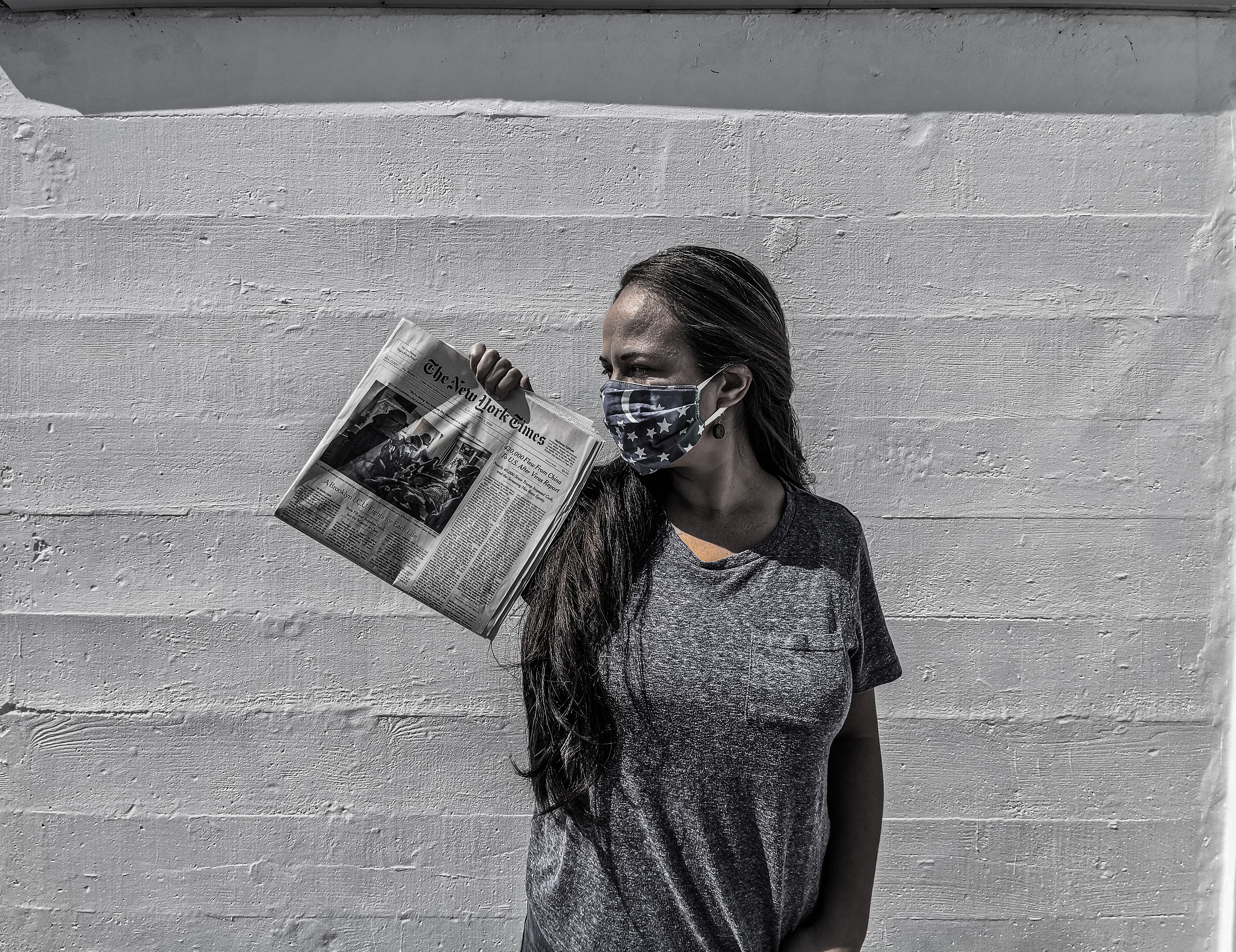Journalists have been reporting on the Covid-19 pandemic since it was declared. Based on information released by the World Health Organization, journalists covered the Covid-19 story as it broke. Journalists from countries affected worked tirelessly to report cases, verify information and data and ensure that the stories of those affected were covered, that the seriousness of the situation was relayed. As more and more cases were reported and Governments responded, journalists continued to cover the stories, capturing losses, grief, resilience and response across nations. As misinformation started growing, journalists sifted through what what was now a parallel pandemic of misinformation known as the ‘infodemic’ to ensure that their audiences continued to be served verified information in their daily news doses.
Despite the critical role of journalists in informing, influencing and educating their respective audiences, they are not classified as ‘essential workers’ in many countries, despite the fact that they have to attend press briefings and cover public interest stories in times of crisis. Some countries, like the United Kingdom declared journalists as ‘key workers’ while in others, they are required to be on lock down like the rest of the public, while still performing their duties as journalists.
In an age of misinformation overload, trusted sources of information and analysis are necessary now more than ever before. UN Secretary General, Antonio Guterres recently wrote: “As the world fights Covid-19 we must also united against the dangerous epidemic of misinformation. This is a time for facts, science and solidarity.”
Translating the science of Covid-19, localizing the global story and ensuring that news consumption provides verified and safe information to the public, is crucial to public safety and flattening the curve. The craft of a journalist is therefore essential to filter misinformation while relaying necessary details and facts to audiences worldwide.
So, should journalists be classified as essential workers in times of crisis, most certainly yes. If the right information is crucial to a crisis, then yes. journalists should be essential workers.
